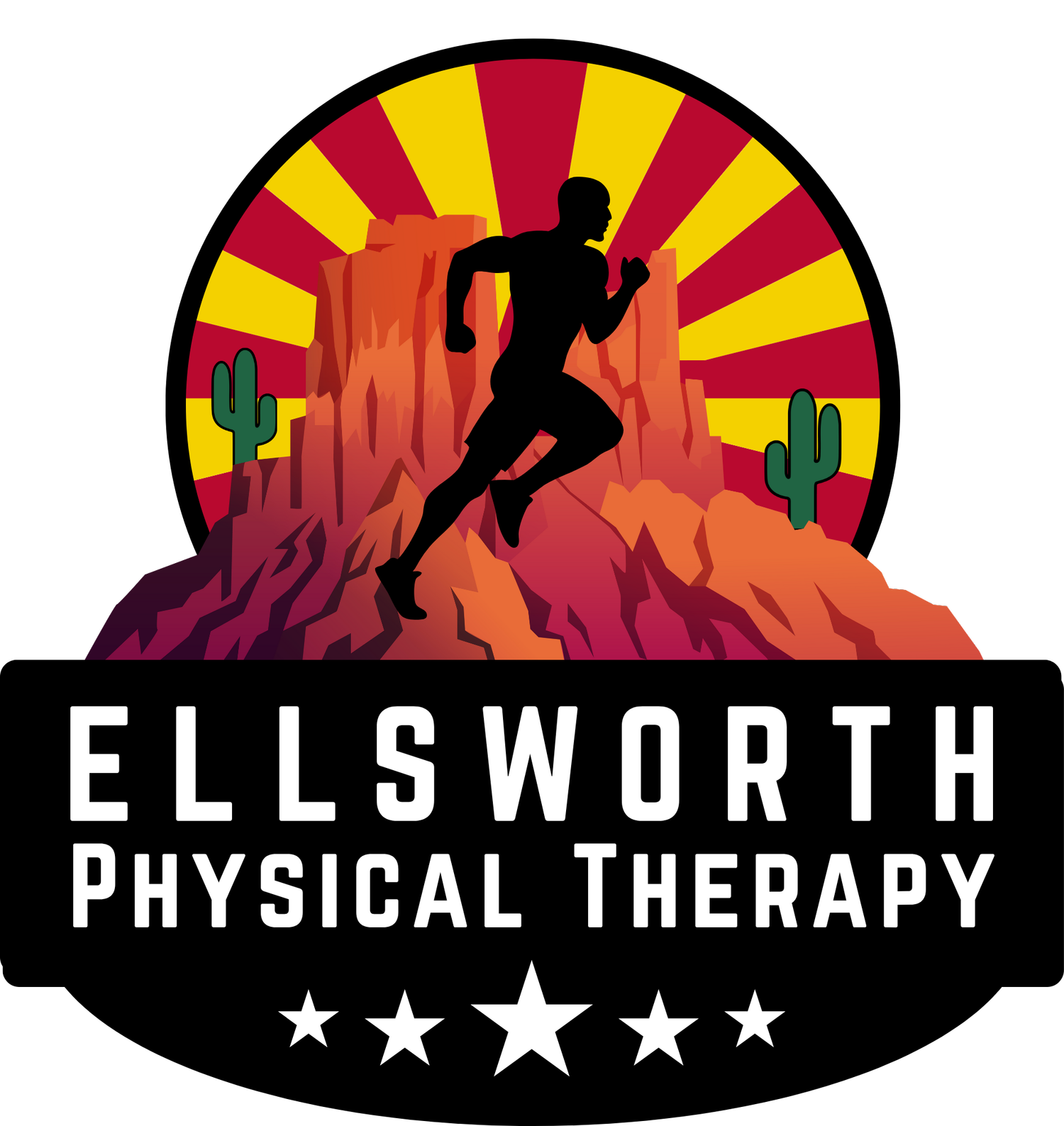
Resources
Physical Therapy and How it can Help YOU
Physical Activity improves your quality of life. It boosts energy, enhances mood, supports long-term cardiovascular and musculoskeletal health, and reduces risk of disease.
Rehabilitation restores movement, reduces pain, and accelerates healing and recovery.
Posture improvements can reduce strain, prevent chronic pain, and enhance overall body mechanics and confidence
Pain Management with non-invasive strategies to reduce acute and chronic pain without relying on medication.
Nutrition guidance supports healing, fitness goals, and fuels your body for optimal healing and performance.
Sleep hygiene improves recovery, mental clarity, and physical performance throughout the day.
Want to Learn More?
Go to Choose PT to learn more about why you should choose physical therapy, how it can help different symptoms & conditions, and injury prevention and wellness information.
What’s New in the Research
This section is dedicated to bringing you information from current research to help you live a better life.
Effects of a Sleep Hygiene Intervention Period on the Internal and External, Inter- and Intra-match Demands of Male University-Level Soccer Players During a Tournament (Michael Prevoo, Adéle Broodryk, Mark Kramer)
A recent study of university-level soccer players showed:
A 4-week sleep hygiene program improved sleep quality and duration
Soccer players demonstrated increased performance covered more distance at higher intensities
No extra perceived effort
Better sleep = Better performance. You can work just as hard and get the same results if you prioritize sleep hygiene!
How can you try this at home? The athletes in this study did just a few of these recommendations. Try them at home and see the results for yourself!
Avoid all electronics after 8:00pm
If not, avoid all electronics 30 minutes before bed
Change electronic screens to a “cool” light setting from 7:00pm
Wear blue light blocking glasses before going to bed
Minimize excess light from 9:00pm to 9:30pm
Change bed side lights to low-wattage bulbs
Adjust bedroom temperature from 66-68 degrees
Avoid consuming caffeine or any supplements from 5:00pm
Have the last large meal of the day at least 2-3 hours before bed
Consume a glass of luke-warm milk before going to bed
Consume a glass of chomile tea before going to bed
Take a warm bath or shower before going to bed
Wear eye masks while sleeping
Wear earplugs while sleeping
Remove any timing instruments from the room
Avoid any sleep disruptions
Sleep at least 8 hours
Avoid napping after 2:00 pm
Read the full article here: https://pubmed.ncbi.nlm.nih.gov/40267412/


